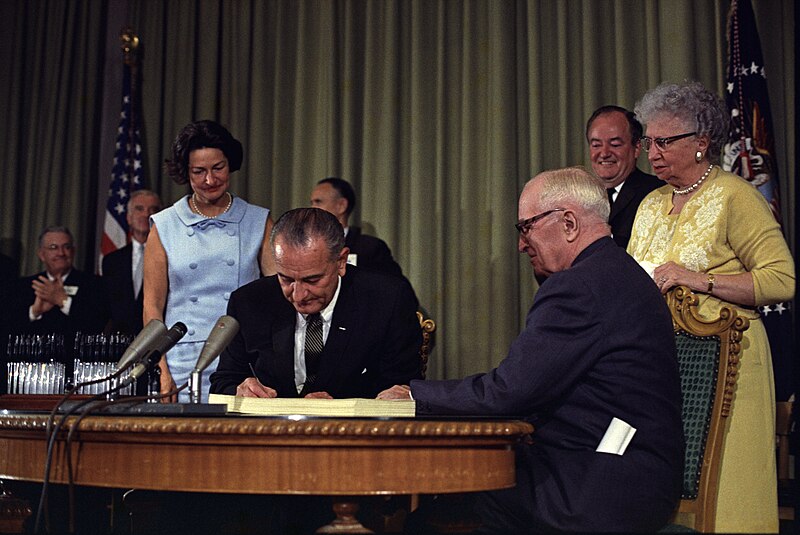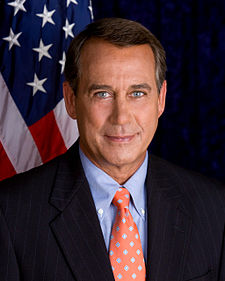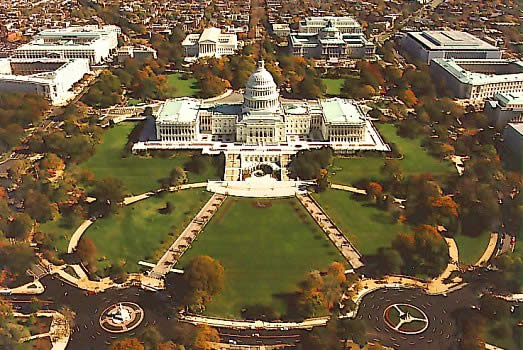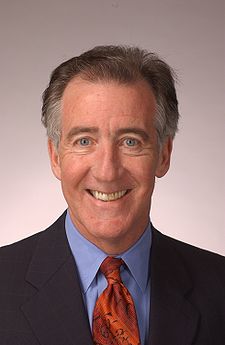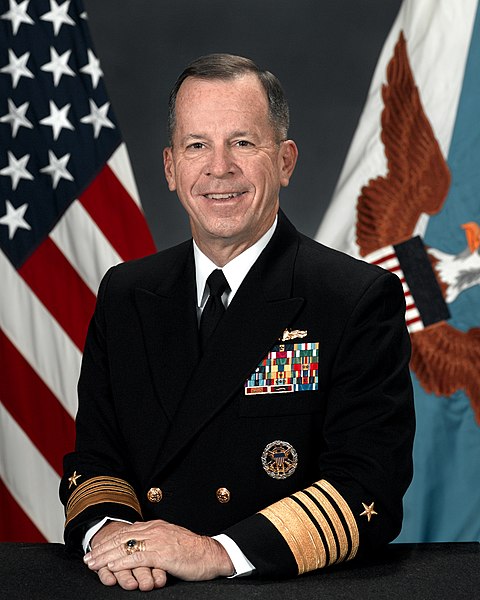 |
| (WMassP&I) |
With another year under Springfield’s belt comes another edition of the Year in Springfield. In its 375th year of existence the City of Homes suffered through one of the most erratic year of weather on record which brought a range of immense destruction and gross inconvenience. Politically, it was also a tumultuous time from Springfield City Hall to Beacon Hill to the steps of Harvard University.
The year 2011 opened in Springfield with an eye, as in other places, to Washington, where a cadre of increasingly nihilistic “citizens” took their place in Congress and in state capitals across the nation. While the boat rocked in Massachusetts with a shrunken, but still massive Democratic edge in the State House, Governor Deval Patrick took the oath of office once more.
However, America was rocked only eight days into January when Arizona Congresswoman Gabrielle Giffords was shot in the head, by quite literally a madman. Early accusations pointed to tea party extremism, but ultimately mental disease and not right-wing anarchy drove the young man to shoot Giffords and twelve others while murdering six. Gifford suffered a traumatic shot to the head, be saved by the quick thinking of her intern of five days.
President Barack Obama, given his first significant opportunity to play the healer-in-chief gave a stirring speech at a memorial service attended by Arizona’s Senators, its governor with Obama has frequently clashed, Giffords’ husband, Mark Kelly and Supreme Court Justice Anthony Kennedy, who oversees the Ninth Circuit within which the slain judge, John Roll, served.
The event took on somewhat of a local relevance when Congressman Richard Neal held a press conference after the shooting noting that he had known Giffords and had raised money for her ahead of what had been a difficult reelection in 2010. However, he also urged that parties take down a notch the vitriol and anger that had become pervasive in politics whether Loughner was driven by politics or not.
Also in January Amaad Rivera took office as the Ward 6 Councilor following the resignation of Keith Wright. He took office because the city’s succession law is only written with only at-large councilors in mind and fills vacancies with runners-up. Technically, Rivera was a runner-up even though he lost the 2009 election. The chorus of dissent included this blog and came to a head on a vote for eminent domain as part of Forest Park Middle School renovations. Rivera invoked Rule 20, the council’s parliamentary motion to delay the project to the shock of other councilors. While we would settle our differences with Rivera, many remained incensed over the use of Rule 20, ironically including some who would encounter similar anger over its usage.
However, the focus on Rivera would lessen as he became one of a super-majority of councilors that opposed a wood-burning biomass plant. The special permit had been granted in 2008 by the last council on a 7-2 vote. All ward councilors and two at-large councilors, including Jose Tosado who voted for the permit in 2008. The Callahan Family, owners of Palmer Renewable Energy and like-named paving company poured money into experts who dismissed, often condescendingly, the health concerns raised by opponents. Against the din of protests and threats of legal action the council revoked PRE’s permit on a 10-2 vote.
The year 2011 opened in Springfield with an eye, as in other places, to Washington, where a cadre of increasingly nihilistic “citizens” took their place in Congress and in state capitals across the nation. While the boat rocked in Massachusetts with a shrunken, but still massive Democratic edge in the State House, Governor Deval Patrick took the oath of office once more.
However, America was rocked only eight days into January when Arizona Congresswoman Gabrielle Giffords was shot in the head, by quite literally a madman. Early accusations pointed to tea party extremism, but ultimately mental disease and not right-wing anarchy drove the young man to shoot Giffords and twelve others while murdering six. Gifford suffered a traumatic shot to the head, be saved by the quick thinking of her intern of five days.
 |
| Cong. Gifford w/ her Mother weeks after the shooting (PK Weis via Facebook) |
The event took on somewhat of a local relevance when Congressman Richard Neal held a press conference after the shooting noting that he had known Giffords and had raised money for her ahead of what had been a difficult reelection in 2010. However, he also urged that parties take down a notch the vitriol and anger that had become pervasive in politics whether Loughner was driven by politics or not.
Also in January Amaad Rivera took office as the Ward 6 Councilor following the resignation of Keith Wright. He took office because the city’s succession law is only written with only at-large councilors in mind and fills vacancies with runners-up. Technically, Rivera was a runner-up even though he lost the 2009 election. The chorus of dissent included this blog and came to a head on a vote for eminent domain as part of Forest Park Middle School renovations. Rivera invoked Rule 20, the council’s parliamentary motion to delay the project to the shock of other councilors. While we would settle our differences with Rivera, many remained incensed over the use of Rule 20, ironically including some who would encounter similar anger over its usage.
 |
| Councilor Amaad Rivera (WMassP&I) |
















